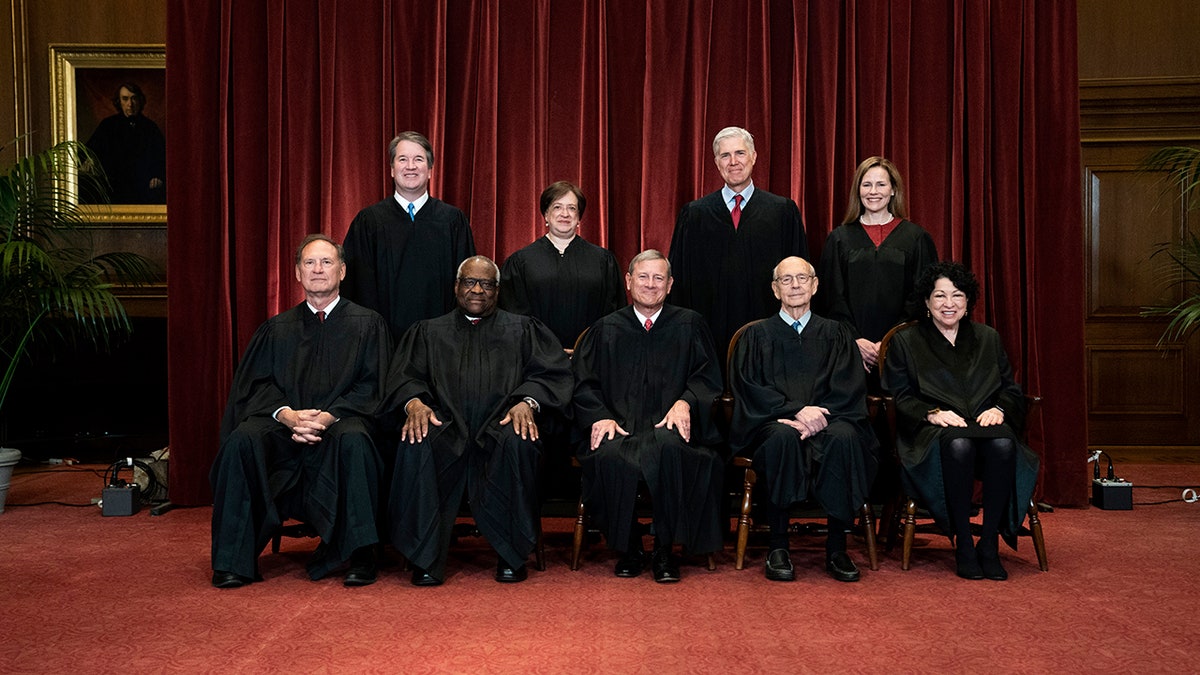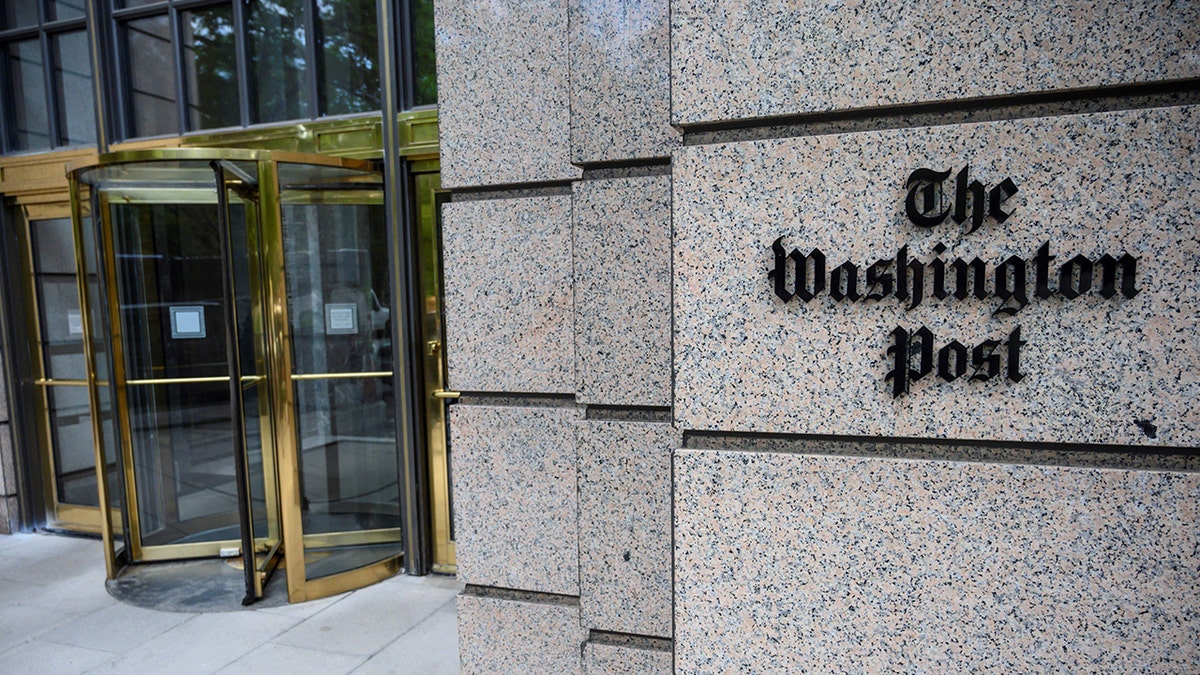Media top headlines February 22
In media news today, Chris Rufo thanks John Oliver for ‘unintentional favor’ following critical race theory monologue, The Washington Post editorial board voices support for federal no-fly list for passengers who disobey mask mandates, and NBC’s Beijing Olympics ratings are called a ‘disaster’ for the network.
The Washington Post published an opinion piece on Sunday that insisted "Yes, Georgetown should fire an academic for a racist tweet" over Ilya Shapiro’s growing controversy.
The first paragraph of the article, penned by Washington Post contributing columnist and Georgetown professor Paul Butler, argued, "Yes, you should be fired for a tweet if that tweet reveals you do not have the ability to do your job."

"Washington, D.C., USA - April 9, 2012. Healy Hall with the statue of Georgetown University founder John Carroll in front and some people walking in background. (iStock)
On Jan. 26, Shapiro, a Georgetown lecturer, published what he later admitted was a "poorly worded" tweet regarding President Biden's pledge to nominate a Black woman to the Supreme Court. While he pushed Biden to select progressive, Obama-appointed Judge Sri Srinivasan, an Indian-American, Shapiro lamented that Biden’s pledge would force him to choose a "lesser black woman."
He later deleted the tweet and apologized for his comment.
Despite his apology, Butler argued that this tweet was enough evidence to prove Shaprio "unfit" for a Georgetown position.
"The problem is not that Shapiro is opposed to Biden’s selection criteria. Shapiro is unfit for our community not only because he called Black women ‘lesser’ but also because his tweet evidences a pattern of bias that isn’t just a poor choice of words," Butler wrote.

FILE - In this April 23, 2021, file photo members of the Supreme Court pose for a group photo at the Supreme Court in Washington. (AP)
While Butler did not offer examples of a pattern beyond Shapiro’s disapproval of Justice Sonia Sotomayor, he insisted that Shapiro was guilty of imparting potentially racist or sexist statements onto students.
"The problem with the academic freedom argument is that it proves too much. It is true that Shapiro has the ‘right’ to say anything he pleases, including any stupid racist or sexist thing. But a university should not be indifferent to the meaning and impact of those words, especially on students," Butler wrote.
NEW YORK TIMES TAKES SHOT AT CAPITALISM IN DAILY CROSSWORD PUZZLE AS ‘VICE ENCOURAGED BY CAPITALISM’

The Washington Post has published at least 18 negative opinion headlines about Virginia Gov. Glenn Youngkin in roughly three weeks and an editorial cartoon even portrayed him in a "dunce" cap. (ERIC BARADAT/AFP via Getty Images)
CLICK HERE TO GET THE FOX NEWS APP
Shapiro was put on administrative leave after backlash from his tweet pressured Georgetown. The university cited the "outrage" from students who protested his original comment. Several free speech advocates came to Shapiro’s defense, but Butler concluded that his comment falls beyond the defense of free speech.
"There is a necessary — and difficult — line drawn when free speech conflicts with anti-racism values. Shapiro’s ‘lesser black woman’ tweet falls on the wrong side of that line. Being a member of the Georgetown community is a privilege that Shapiro has proven he does not deserve," Butler concluded.









































